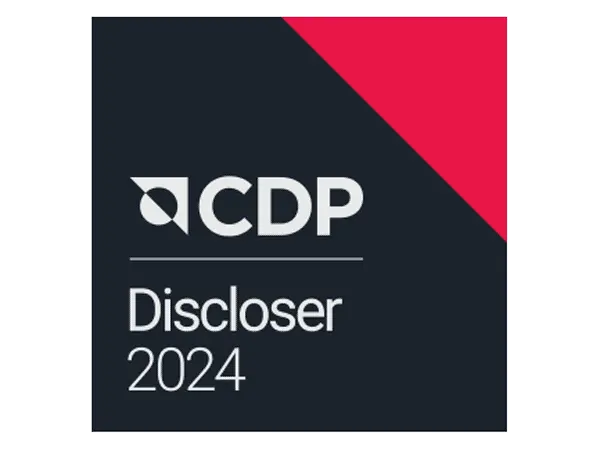Materiality Assessment Services
Supporting Comprehensive Environmental, Social, and Governance (ESG) Strategies
Sharpen and enhance your organization’s sustainability focus
A Materiality Assessment is a strategic tool that helps organizations identify and prioritize the environmental, social, and governance (ESG) issues most significant to their business and stakeholders. These assessments help companies understand which issues could have the most significant impact on their operations, reputation, and financial performance.
Materiality Assessments have become increasingly important as investors, consumers, and regulatory bodies demand greater transparency and accountability in corporate ESG practices. Materiality Assessments enable companies to focus resources on the most important issues and drive meaningful improvements in sustainability performance.
Benefits of our Materiality Assessment Consulting Services
- Identify key ESG issues impacting your business
- Define ESG focus areas to improve operations and support investors, customers, employees, and other key stakeholders
- Enhance accuracy in sustainability reporting
- Align services with sustainability goals
- Ensure compliance with ESG reporting standards
- Gain competitive advantage through informed sustainability-related decision-making
Materiality Assessments at a Glance
The insights gained from a Materiality Assessment help guide an organization’s sustainability strategy and climate goals. The information gathered as part of the assessment enables companies to highlight their areas of risk, guide communication and produce valuable dialogue with stakeholders.
ESG Materiality Assessments typically include stakeholder engagement, data collection, and analysis to create a comprehensive picture of an organization's ESG landscape. Companies use these insights to inform their sustainability strategies, set goals, and report on their progress transparently. This approach helps build trust and credibility and also drives long-term value creation by aligning business practices with societal expectations and regulatory requirements.
What is Double Materiality?
Double Materiality is a concept in corporate reporting that recognizes that risks and opportunities can be material from both a financial and non-financial perspective. It acknowledges that certain information can be material not only because it affects a company's financial performance (financial materiality) but also because it impacts society, the environment, or other stakeholders (impact materiality).
Assessing this Double Materiality ensures that companies consider and disclose information that is significant to both their economic value and their broader social and environmental responsibilities. This method promotes a more holistic and transparent approach to corporate reporting, aligning business practices with sustainable development goals.
Materiality Assessment Process
DEKRA’s ESG Materiality Assessment Consulting Services provides organizations with a sustainability framework for strategic decision-making. Our services are delivered in line with the most up-to-date Global Reporting Initiative (GRI) Standards, and our double materiality approach meets the EU’s Corporate Sustainability Reporting Directive (CSRD) requirements. Adhering to these standards ensures an organization prioritizes its impact on people and the planet along with the financial risks of ESG issues it faces.
Identify and Engage
Benchmark ESG indicators, engage stakeholders and collect data.
Comprehensive Materiality Assessment Services
DEKRA leverages decades of sustainability expertise and a steadfast commitment to scientific rigor, credibility, and transparency to guide organizations through the materiality assessment process.
Your Trusted Partner for Materiality Assessment
- Our internationally recognized DEKRA seal communicates your commitment to sustainability throughout your business and boosts trust among stakeholders



